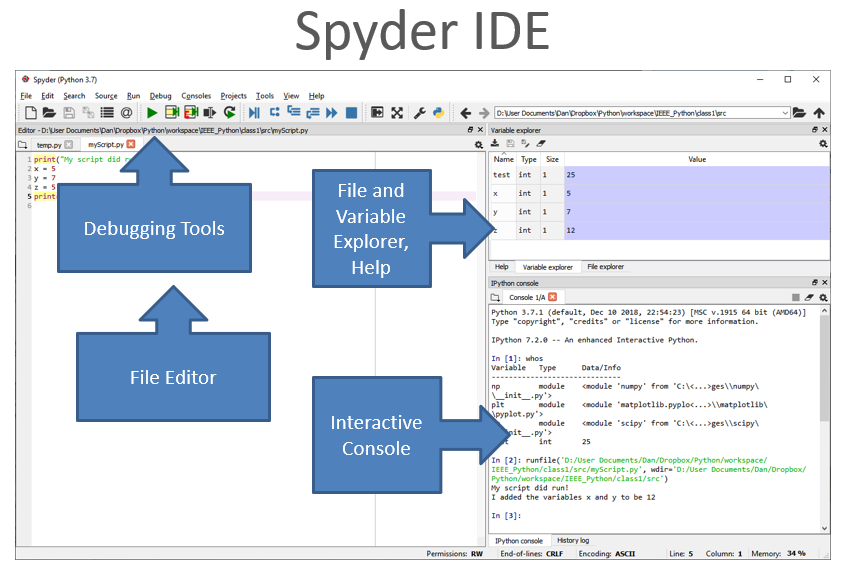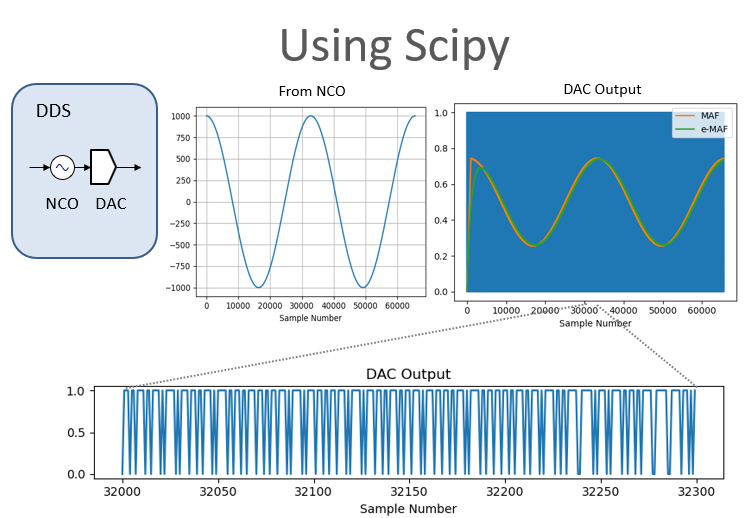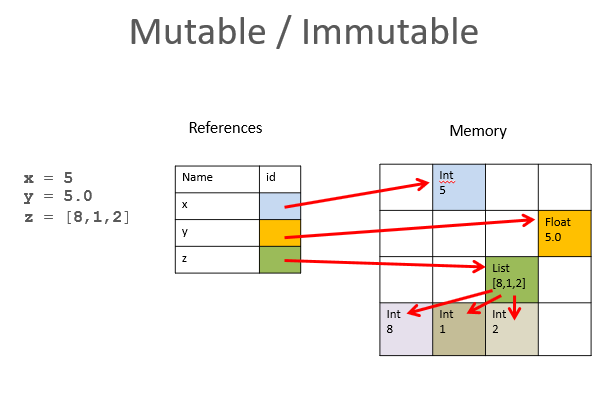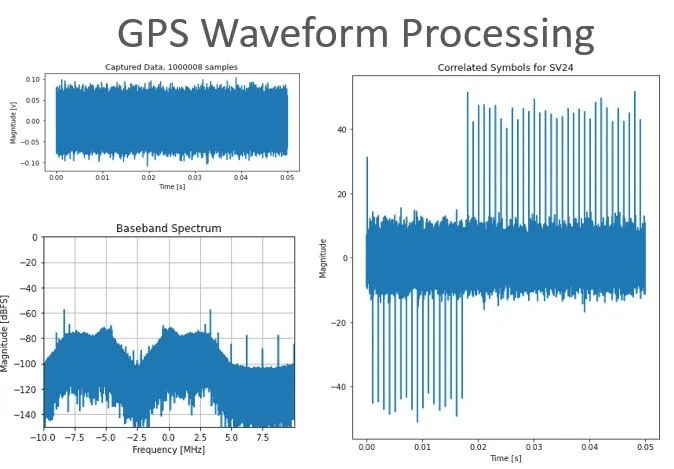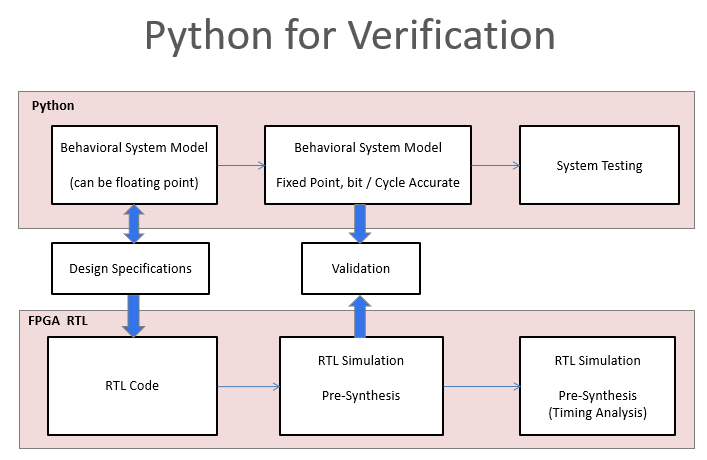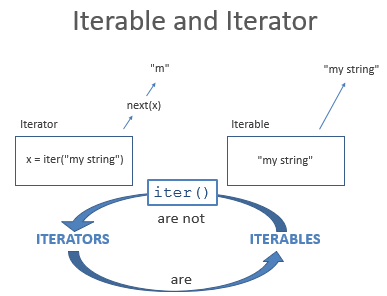
Course Description
Course Name:
Python Applications for Digital Design and Signal Processing
Course Start Date: Mar 26, 2026
Q&A Workshops: Apr 2, 9, 16, 23
Location: Zoom Meetings
Speaker: Dan Boschen
This is a hands-on course combining pre-recorded lectures with live Q&A/workshop sessions in the popular and powerful open-source Python programming language.
Back To Courses > Python Applications for Digital Design and Signal Processing
Pre-Recorded Videos combined with Live Q&A Workshops
The course consists of pre-recorded video lectures (approx. 3 hours per week) that students can watch on their own schedule, and an unlimited number of times, prior to live Q&A workshop sessions on Zoom with the instructor. The Q&A workshops will also be recorded for later viewing. The videos will also be available to the students for viewing for up to two months after the conclusion of the course and Dan is available throughout the course to answer questions as well.
Overview
Dan provides simple, straight-forward navigation through the multiple configurations and options, providing a best-practices approach for quickly getting up to speed using Python for modelling and analysis for applications in signal processing and digital design verification. Students will be using the Anaconda distribution, which combines Python with the most popular data science applications, and Jupyter Notebooks for a rich, interactive experience.
The course begins with basic Python data structures and constructs, including key "Pythonic" concepts, followed by an overview and use of popular packages for scientific computing enabling rapid prototyping for system design.
During the course students will create example fixed-point designs including a sigma delta converter, direct digital synthesizer, numerically controlled oscillator and pseudo-random number generator. This will include considerations for cycle and bit accurate models useful for digital design verification (FPGA/ASIC), while bringing forward the signal processing tools for frequency and time domain analysis.
Jupyter Notebooks
This course makes extensive use of Jupyter Notebooks which combines running Python code with interactive plots and graphics for a rich user experience. Jupyter Notebooks is an open-source web-based application (that can be run locally) that allows users to create and share visually appealing documents containing code, graphics, visualizations and interactive plots. Students will be able to interact with the notebook contents and use “take-it-with-you” results for future applications in signal processing.
Target Audience:
This course is targeted toward users with little to no prior experience in Python, however familiarity with other modern programming languages and an exposure to object-oriented constructs is very helpful. Students should be comfortable with basic signal processing concepts in the frequency and time domain. Familiarity with Matlab or Octave is not required, but the equivalent operations in Python using the NumPy package will be provided for those students that do currently use Matlab and/or Octave for signal processing applications.

Topics / Schedule:
Pre-recorded lectures (3 hours each) will be distributed the week before all Workshop dates. Workshop/ Q&A Sessions are as follows:
-
Course Kick-off and Orientation: 30-minute orientation meeting to go over getting started with the course.
-
Topic 1: Intro to Jupyter Notebooks, the Spyder IDE and the course design examples. Core Python constructs.
-
Topic 2: Core Python constructs; iterators, functions, reading writing data files.
-
Topic 3: Signal processing simulation with popular packages including NumPy, SciPy, and Matplotlib.
-
Topic 4: Bit/cycle accurate modelling and analysis using the design examples and simulation packages
Speaker’s Bio
Dan Boschen has a MS in Communications and Signal Processing from Northeastern University, with over 25 years of experience in system and hardware design for radio transceivers and modems. He has held various positions at Signal Technologies, MITRE, Airvana and Hittite Microwave designing and developing transceiver hardware from baseband to antenna for wireless communications systems and has taught courses on Signal Processing for over 20 years. Dan is a contributor to dsprelated.com and Signal Processing Stack Exchange dsp.stackexchange.com , and is currently at Microchip (formerly Microsemi and Symmetricom) leading design efforts for advanced frequency and time solutions.
For more background information, please view Dan’s Linked-In page at: http://www.linkedin.com/in/danboschen
Let’s Learn! Join Now
Explore the full course schedule and registration options here:
Client Testimonials





